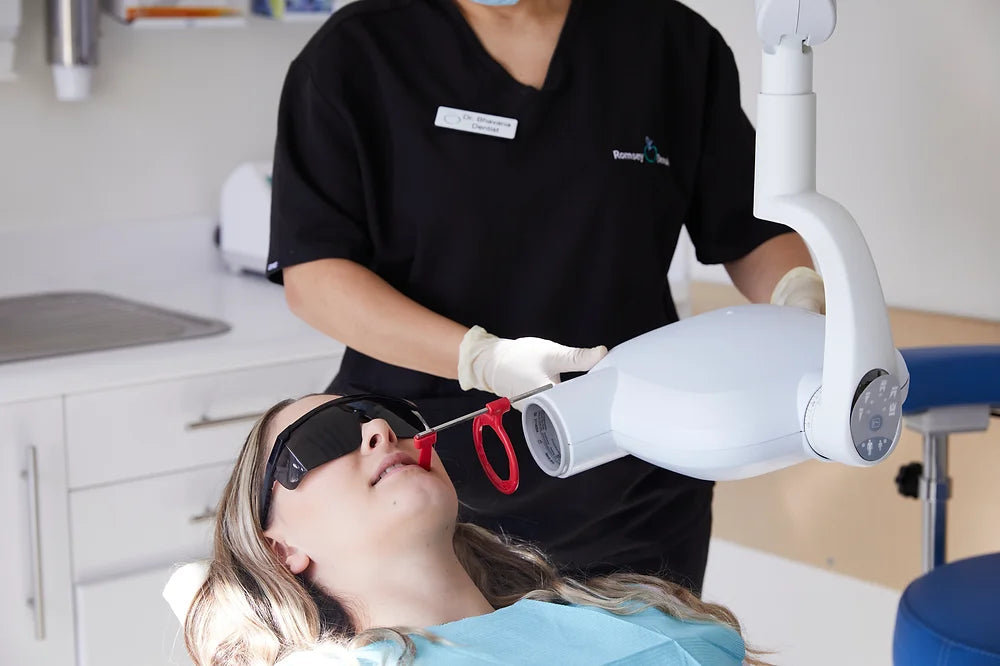Wisdom Teeth Removal
We provide oral health assessment and management and promote healthy oral behaviour. Maintaining good oral hygiene assists in preventing dental problems. Wisdom teeth tend to grow much later than other permanent teeth, usually during late adolescence or early adulthood. If there isn't enough room in your mouth for these new teeth or they erupt in a problematic way, you may experience infection, discomfort or other issues.

Due to the position, wisdom teeth are difficult to clean, increasing the risk of infection that can spread and lead to worse health problems. Pain in the jaw is often the first indication of problematic wisdom teeth. Pain can affect the upper or lower jaw, and sometimes radiate to the face, muscles and surrounding structures. The pain could be excruciating. Often an erupting wisdom tooth may cause inflamed, swollen and painful tissue around the area of the mouth. Sometimes the symptoms will subside after a few days, but they will reoccur again and again, until your wisdom teeth are removed.
In addition, Wisdom teeth are usually the most difficult teeth to remove in the whole mouth, therefore it is not recommended to wait until they become painful. Usually by then the teeth are so infected and broken down they will subsequently require an oral surgeon to remove, and cannot be treated effectively on the day of your emergency dental visit. Lastly, it is not recommended to wait and remove your wisdom teeth when you are elderly. Usually the elderly heal slower, the jaw is much more fragile, and the teeth have been in the mouth for so long that the procedure becomes much more difficult.
Therefore most of the times we recommend wisdom teeth removal when you're young and healthy to prevent any future problems.
A dental exam and x-rays can catch these problems early to avoid future complications and can help improve overall health and wellbeing.